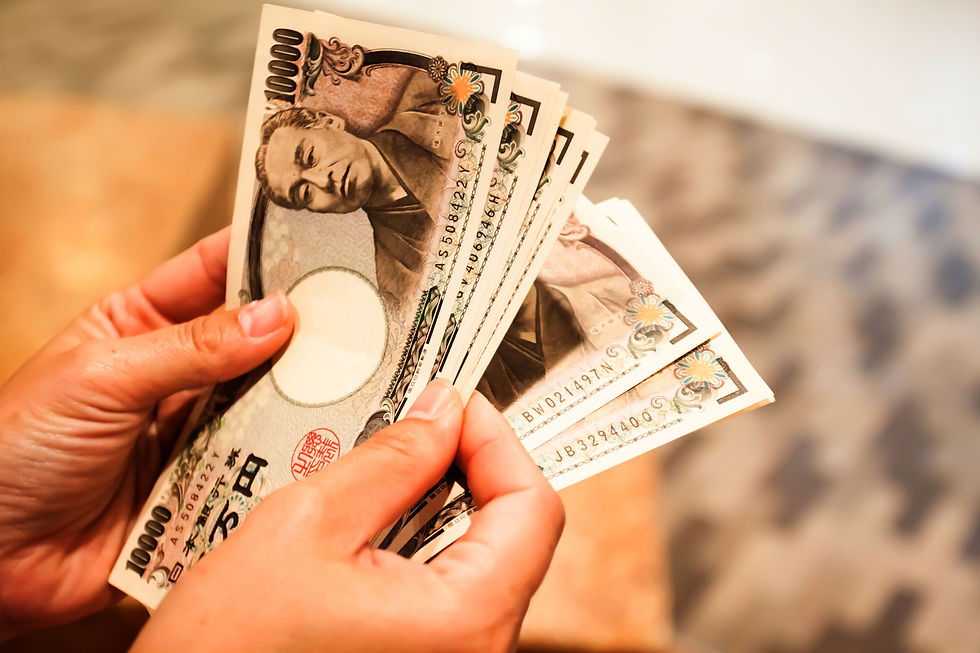The difference in interest rates between the U.S. and Japan has caused the USD/JPY to hit a high above 145.00. This reminds many of last year when Japan stepped in to stabilise the yen. Are we allowed to think intervention?
Why did this happen? U.S. bond yields rose when July's producer prices jumped unexpectedly.
So, will Japan step in again? It's hard to say. The yen's recent drop is about half of what we saw last time, and market conditions are different. But if they do, Japan's Ministry of Finance (MOF) will likely drop hints first. For now, they've been quiet.
For traders, what does this mean? Currency shifts are chances to profit. When the yen is weak, some might bet against it. If they think it'll rise, they'll back it.
In short, currencies move like a dance, each step affecting global markets. Right now, the yen's moves are the ones to watch, offering traders opportunities.

Let's break it down.
Why do currencies move? Governments and big banks can try to influence their country's money value. For Japan, having strong money is like having a discount card for shopping overseas. They import a lot of energy, so a strong yen means they can buy more for less. But, a weak yen has its own perks: it makes Japanese products, like cars and tech gadgets, cheaper for others to buy.

Last year, when the yen danced dangerously close to a worrying rate against the dollar, Japan's financial bigwigs jumped in to steady the ship. Now, as the yen is grooving to that same risky tune, everyone's watching closely to see if Japan's leaders will make another move.
What's the U.S. got to do with it? Quite a bit, actually. The U.S. central bank made some changes that made the yen drop about 20% since last year. While they were hiking up their rates, Japan was taking it easy, showing how different countries handle their money matters.
How can traders make the most of it? Forex traders always have their eyes on numbers like GDP (a country's total goods and services) and CPI (a measure of price changes). These figures can hint at where a currency might go next. For example, U.S. reports recently suggested that their economy was heating up. This kind of news can hint at whether the dollar will get stronger or weaker.
For forex traders, a volatile yen offers opportunities. When the yen is weak, traders might consider 'shorting' it, which means betting it will go down even further. If they think Japan's leaders will step in and the yen will bounce back, they might 'go long,' betting on its rise.

So, what's the big takeaway? Currency movements are a blend of national decisions, global events, and market vibes. For forex traders, understanding these shifts isn't just about knowing the news. It's about predicting the next big wave and riding it for profit.
In a nutshell, the world of currencies is like a giant puzzle, where each piece affects the other. And in this complex game, the yen's dance is currently center stage, offering forex traders a chance to join in and potentially strike gold.
Trading and investing carry financial risks and could lead to partial or complete loss of funds. Invest only what you can afford to lose and seek advice from an independent financial advisor if you have doubts about your investment choices.

